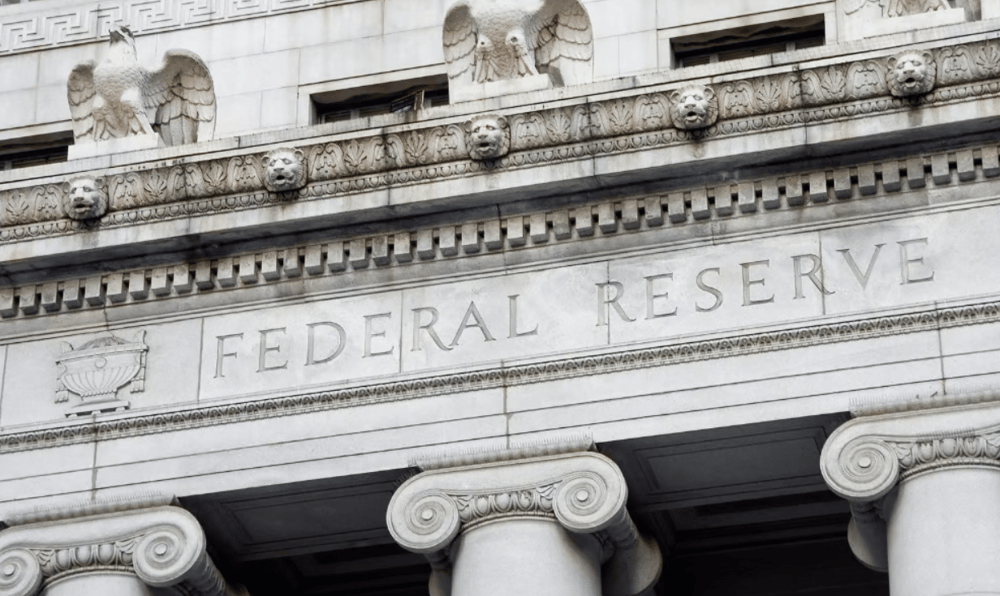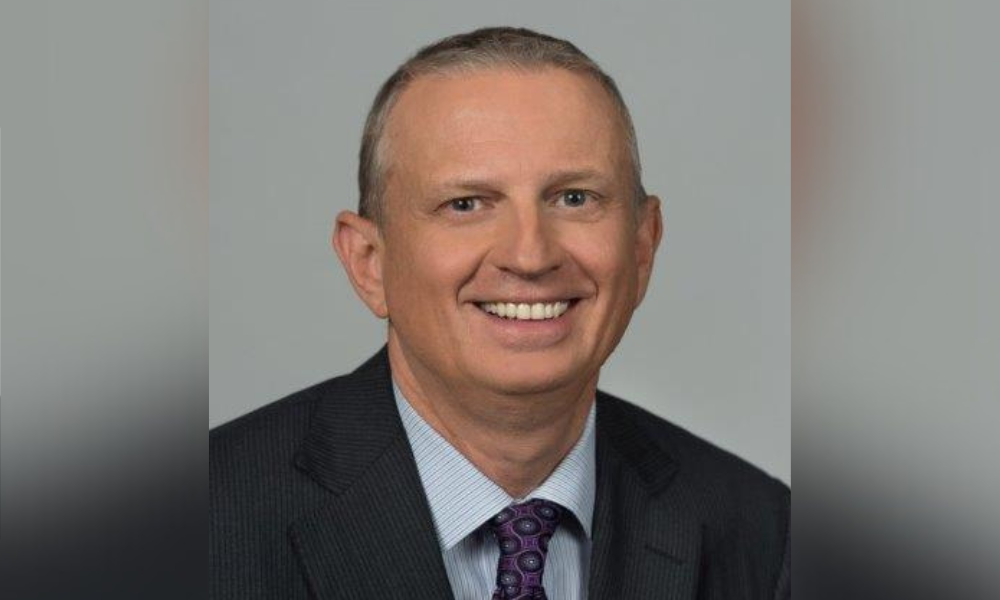Mortgage rates might fall quickly – but longer-term pain would likely follow

The Federal Reserve and its chair Jerome Powell have continued to face a cascade of public criticism from the Trump administration in recent weeks, centered mainly around the view that interest rates are too high and should have been cut long ago.
So far this year, the central bank has held off on lowering rates despite constant pressure from Trump to do so. Powell has said that’s because it needs time to assess the effect on the US economy of the president’s tariff war, and a possible resulting jump in inflation.
But Trump, who’s said he soon intends to name his choice to replace Powell, has argued the Fed’s funds rate should be at least two percentage points lower because inflation hasn’t yet surged despite that trade turmoil.
With Powell’s term set to end in May next year – and the president regularly calling for his early resignation – attention is already turning to the potential impact on interest rates if Trump installs a more malleable Fed chair.
US mortgage rates don’t move in direct tandem with the Fed rate – but central bank decisions are a significant factor affecting Treasury yields, a key driver of 30-year fixed mortgages.
If Trump’s next pick to lead the Fed is more willing than Powell to follow the president’s directions on interest rate cuts, that could see mortgage rates drop quickly. Still, analysts have sounded the alarm on potential long-term negative repercussions for the US economy and borrowing costs.
Robert Johnson (pictured below), professor of finance at Creighton University’s Heider College of Business, told Mortgage Professional America it would be a “big mistake” for the president to install a replacement for Powell in 2026 who would bend to his will on interest rates.

“Such an action would likely hasten the deterioration of the US economy and financial system,” he said. “The independence of the Federal Reserve from political pressure is paramount to a sound economy and financial markets. The Fed has a dual mandate: full employment and stable prices.
“Political administrations are driven by motivations to remain in power – that is, to get elected. What’s good for the overall economy in the long run is not necessarily what’s good for the party in power in the short run. Politicizing the Fed would be a huge unforced error.”
Investor confidence in the Federal Reserve’s “higher-for-longer” interest rate stance is waning, as signs of labor market weakness and rising political tensions fuel expectations for a rate cut as early as September.https://t.co/cdqzmtnPgB
— Mortgage Professional America Magazine (@MPAMagazineUS) July 4, 2025
A political Fed could see short-term gain, long-term pain
A Fed chair inclined to follow executive direction would “undermine monetary policy credibility and could lead to excessively easy monetary policy,” Dan Buckley, chief analyst at DayTrading.com, told MPA.
He said a central bank doing the president’s bidding on interest rates would likely cause higher long-term bond yields as markets price in inflation risk and reduced central bank independence – ultimately leading to a jolt in the cost of borrowing across the economy.
For Buckley, that means while lower mortgage rates in the short term might be a tempting prospect, the risk of longer-term pain is far greater. “Once monetary policy becomes perceived as a political tool, the long-term costs – higher borrowing premiums, currency volatility, and inflation instability – can far outweigh any temporary benefits,” he said.
Will Powell heed Trump’s advice on rate cuts?
Despite the pressure from Trump’s team, Powell has given no indication that he plans to leave ahead of schedule, and the president has also dismissed the idea that he might try to fire the Fed chair this year – although the Supreme Court has signaled Powell would be legally protected from being removed by Trump.
While Trump’s pressure on Powell in recent weeks has included delivery of a handwritten note demanding lower rates, the Fed has given little indication that it intends to diverge from its current approach to monetary policy.
Johnson said it appeared unlikely that the president could ultimately push the Fed into an earlier-than-planned rate cut. “This Fed is very data-driven,” he said, “and I don’t feel that Chair Powell would succumb to political pressure.”
Stay updated with the freshest mortgage news. Get exclusive interviews, breaking news, and industry events in your inbox, and always be the first to know by subscribing to our FREE daily newsletter.



